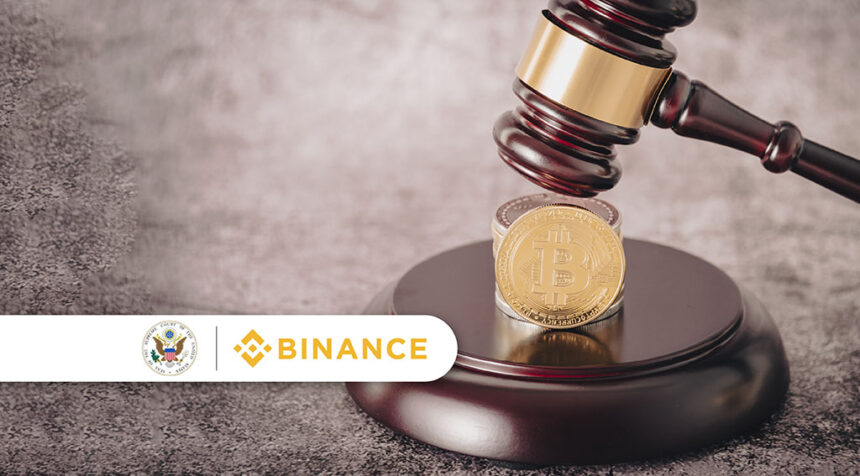The US Supreme Court denied Binance Former CEO Changpeng Zhao has filed a motion to reconsider a lower court’s ruling that virtual currency exchanges are subject to U.S. securities laws and allows the class action lawsuit to proceed.
According to reports, this decision Reutersadding to the legal challenges facing the world’s largest cryptocurrency exchange.
The lawsuit stems from claims by investors who purchased tokens such as ELF, EOS, FUN, ICX, OMG, QSP, and TRX through Binance since 2017.
They claim that the exchange did not disclose the material risks associated with these tokens and are seeking reimbursement for their losses.
The 2nd U.S. Circuit Court of Appeals in Manhattan has ruled that U.S. securities laws may apply to Binance because token purchases cannot be canceled in the U.S. once an investor makes a payment.
The court also cited Binance’s use of Amazon Web Services’ domestic servers to justify its decision.
Binance argued that its operations outside the United States are exempt from U.S. securities laws.
The exchange relied on Morrison v National Australia Bank, a 2010 Supreme Court decision that limited the extraterritorial application of these laws, to support its argument.
However, the Second Circuit held that the location where the transaction was completed was sufficient to establish jurisdiction.
In its petition to the Supreme Court, Binance argues that lower courts’ interpretation of the Morrison decision could extend liability across jurisdictions and into multiple stages of securities trading. It argued that concerns have been raised about the global applicability of U.S. laws to foreign platforms like Com.
The Supreme Court’s decision does not address Binance’s separate legal challenges.
In November 2023, the exchange pled guilty to violating federal anti-money laundering and sanctions laws; US$4.3 billion fine.
The founder, Mr. Zhao, 4 months imprisonment Related to the case before his release in September 2023.
Featured image credit: Edited from freepic







